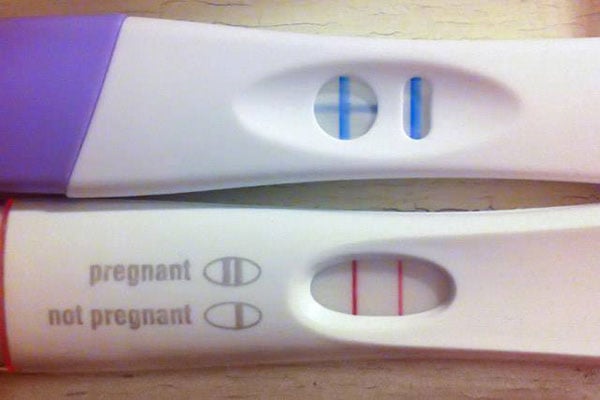Prime
The abortion crisis in Kenyan universities

Abortion continues to remain a difficult topic in Kenya.
What you need to know:
- Barely out of her teens and in the first or second year of college, she finds herself in an awkward situation: Should she procure an abortion or live with the stigma? Young, jobless and desperate, many university students prefer terminating the pregnancy.
It usually begins with a chilling call, “Babe, we need to talk”. This is a clear signal that things are thick. After a period of careless fun with a ‘sponsor’, she misses her periods, then reality sets in.
Barely out of her teens and in the first or second year of college, she finds herself in an awkward situation: Should she procure an abortion or live with the stigma? Young, jobless and desperate, many university students prefer terminating the pregnancy.
At only 23, *Morine has already had two abortions. A second-year university student in the Rift Valley, she had a strict religious upbringing whose emphasis was good character and morals.
But somewhere along the way, she deviated from the holy scriptures after joining college. Like many other ‘freshers’, she had to adjust to the freedom of adult life in the university.
When she first realised she would be a mother, she had to either tell her parents the truth and face societal shame or secretly terminate the pregnancy and proceed with her studies.
As a young girl with lofty dreams and aspirations, she chose the latter.
“My parents are very strict and I was not ready to have a child, I am still new in school trying to understand myself, so I did not want to risk my future,” says Morine.
A friend who knew what she was going through introduced her to a clinic. A doctor gave her two tablets; one was placed under her tongue, while the other was inserted in her private parts. For this, she paid Sh4,000.
*Stacy, another university student in Nairobi, shares a similar experience.
She’s an adventurous girl who lives her life to the fullest but one evening, the fun came to a screeching halt when she realised she was pregnant.
“When I missed my periods I knew something was not right. I texted the man I was dating and told him that we needed to talk. Interestingly, he sent me Sh6,000, as if he knew what I was going to say. The money was another way of him telling me to get rid of it,” says Stacy.
“One of my friends hooked me up with a certain doctor who sorts out students. In some cases, medical students sell abortion drugs for as low as Sh2,000, but I just opted to see a doctor and paid shSh5,000. If you’ve not had an abortion while in the university then you do deserve a trophy because it’s not easy.
ALSO READ: Stigma is the main cause of unsafe abortions
“I was dating older men while in university. This is tricky because they don’t like using condoms; they are financing your lifestyle so it’s upon you to take care of yourself. I have conceived twice but immediately they know you’ve done it they move away; they don’t want to interact with you,” she adds.
Other female students we spoke to attributed the prevalence in abortions to societal pressures to live a certain lifestyle, which forces a majority of them to look for “financially stable” men to finance their lifestyles.
The catch, though, is that these men are unwilling to use protection, and insist on sex on demand, leaving the female students with few options.
Abortion continues to remain a difficult topic in Kenya.
According to Article 26 (IV) of the Constitution, abortion is not permitted unless, in the opinion of a trained health professional, there is a need for emergency treatment or the life or health of the mother is in danger, or if permitted by any other written law.
Healthcare services do not provide abortion services in colleges. Students have to go off-campus to procure unsafe abortions. Sometimes they are forced to travel long distances to find backdoor abortion clinics.
According to the findings of a thesis by Dr Lugaliki A. Doreen, which was submitted to the University of Nairobi, about 13 per cent of pregnancy-related deaths have been attributed to complications of unsafe abortion.
Unsafe abortion contributes significantly to maternal mortality in resource-poor countries. Between seven and 10 patients who have procured abortions are treated daily at the Kenyatta National Hospital.
“I receive calls from students asking me if I could help prescribe drugs. They come to us bleeding and most of them lie that they did not know that they were pregnant. They mostly come from backstreet clinics after things go wrong,” says Dr Gideon Kiprono from Olenguruone Sub-County Hospital.
“I don’t participate in such practices. They usually go to chemists, where they are given drugs over-the-counter,” he adds.
DON'T MISS: Abortion cases among adolescents raise queries
Dr Kiprono says unsafe abortions come with consequences, including infertility as some medics use crude tools in the process.
A report by the African Population and Health Research Center and the Ministry of Health revealed that nearly 120,000 women received care for complications resulting from unsafe abortions in health facilities in 2012.




